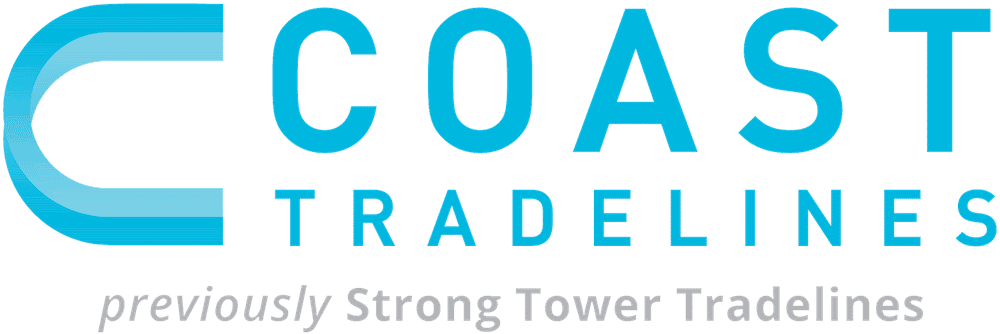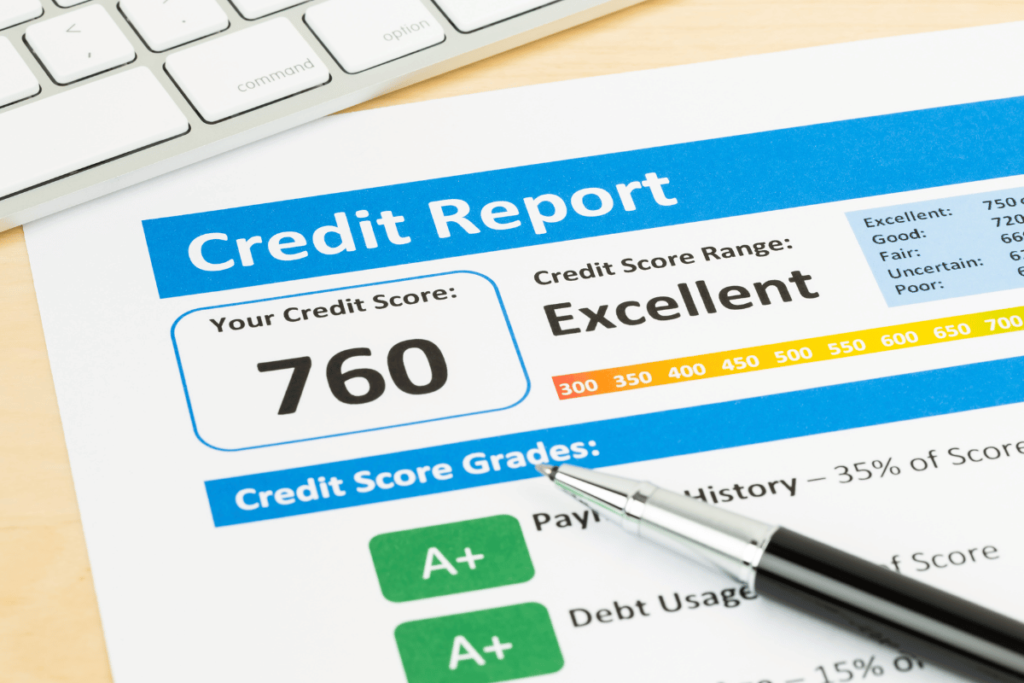Many people do not know how their credit score is calculated. This can lead to a lot of confusion and frustration.
Your credit score is one of the most important numbers in your life. But, unfortunately, it is not always easy to understand what goes into it. That is why we at Coast Tradelines are here to help. We are experts in the credit industry. We want to ensure you have all the information you need to make informed decisions about your credit score.
What Is A Credit Score?
A credit score is a number that reflects the creditworthiness of an individual. Lenders use it to determine the likelihood of loan repayment. The three major credit bureaus create credit scoring models. They use the information from credit reports to generate a score. The most common credit scoring model is the FICO score. FICO score ranges from 300 to 850. The higher your FICO credit score, the lower the risk of default.
Lenders use credit scores to make credit decisions. Landlords, utility companies, and employers also use them to determine the level of risk associated with an individual. A high credit score shows a low risk of default. This results in lower interest rates, better loan terms, and lines of credit. Conversely, a low credit score shows a high risk of default. As a result, it can lead to higher interest rates and unfavorable terms on loans and lines of credit.
Credit scores are not static. They can change over time based on individual credit report changes. Therefore, keeping track of your credit score and credit report is necessary. That way, you can identify errors and take steps to improve your credit rating.
How Are Credit Scores Calculated?
Credit scores are critical because they are used to determine whether lenders will approve you for credit accounts. If so, at what interest rate? In addition, credit card issuers and other financial institutions use credit scores to judge your creditworthiness. Below are major factors that affect your credit score:
Amount Owed
One major factor is the amount you owe. This includes credit cards, auto loans, mortgage loans, and installment loans. The more you owe, the lower your credit score will be.
Payment History
Timely payments on your credit account are crucial. Missed or late payments on your finance company accounts can negatively affect your score. If you want a higher credit score measure, never miss your loan or credit card payments.
Length of Credit History
Lenders will look into how you have handled credit in the past. They will look at your credit history accounts to understand your payment patterns. A longer credit history shows lenders you are a reliable borrower. It can help you qualify for better rates and terms. If you have a short credit history or if you have had recent late payments, this can hurt your credit score. To build a strong credit history, making on-time payments on time and keeping your balances low is essential.
Credit Mix
Credit mix is the variety of credit accounts that you have. It includes credit card accounts, loans, and mortgages. The thinking behind this metric is that having various credit shows lenders you can handle different debts responsibly. So, if you’re looking to boost your credit score, consider diversifying your credit accounts by taking out a new type of loan or opening a new credit line.
Recent Credit Activity
Recent credit activities include missed payments, maxed-out credit cards, and new credit applications. While a single missed payment won’t typically significantly impact your score, multiple missed payments can drag your score down. Similarly, maxing out your credit cards can also negatively affect your score, even if you always pay your bill on time. Finally, new credit applications can also lower your score, especially if you have a lot of recent inquiries.
How Often Are Credit Scores Calculated?
Though it may seem like your credit score is constantly changing, it’s updated only once a month. It happens at the beginning of your billing cycle. So if you change your credit report during the month – such as paying off a debt or opening a new line of credit – it could take up to a month for those changes to be reflected in your score.

Buying Tradelines To Help Build A Good Credit Score
Building a good credit score may seem like a daunting task. But it’s not too difficult if you know what to do. One of the best ways to build credit is to become an authorized user on a tradeline. This means that you piggyback off someone else’s excellent credit history, which can help to boost your score.
There are a few factors to consider when buying tradelines that can help you make the most of your credit. It includes:
Credit Limit
Higher available credit limits can help improve your credit utilization ratio. It refers to the amount of credit you use compared to the total credit available.
Age
An older account will positively impact your credit score more than a newer one.
Payment History
Good payment history will show lenders you’re a responsible borrower and help improve your creditworthiness.
Credit Utilization Ratio
The credit utilization ratio is the amount of credit you use compared to the available amount. So, if the account has a high credit limit but uses most of that credit, its credit utilization ratio will be high. That can hurt your credit score.
About Coast Tradelines
Coast Tradelines is a company that helps people improve their credit scores by offering authorized user tradelines for sale. Authorized user tradelines are lines of credit extended to someone who is not the primary account holder but is authorized to use the account. When you become an authorized user of another person’s credit account, you can improve your credit score by adding positive payment history to your credit file.
Coast Tradelines only sells tradelines from reputable account holders with good payment histories. Contact us today to learn more about how we can help you improve your credit score.



